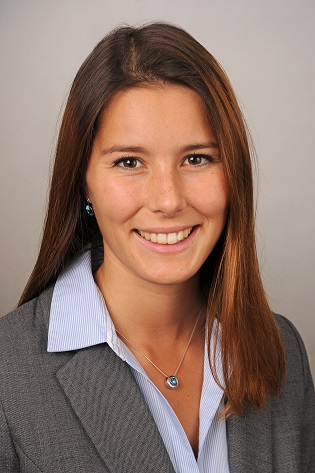Contact
Ludwig Maximilian University of Munich
Oettingenstr. 67
80538 Munich
Germany
Email:
c.christine.thiel@gmail.com
Further Information
Dissertation Project
Work 4.0 nomadic. Platform-capitalism as a structuring paradigm of late capitalistic societies?
Digital Transformation leads in some fields to a worldwide power shift from nation states to global markets and in digital spaces. New business models like Airbnb, Uber or crowdworking undermine governmental labor market regulations and social security systems. Concerned politicians, economists and scientists are warning of a growing number of day laborers and demanding for more state regulation, while many of the parties concerned call for deregulation. Sascha Lobo subsumes these phenomena under the concept of platform-capitalism, which, as a new economic order, not only restructures industries and requires a reaction from the state to new market mechanisms, but also transforms images, ideologies and practices with regard to work and life changes, and evolves new power-knowledge complexes and forms of subjectivation in the sense of Foucault.
This trend becomes particularly clear when looking at Digital Nomads, self-employed, entrepreneurs or employees, mostly from the academic sector, who generate their income using digital technologies and lead or aim at a location-independent lifestyle. They stand for the rather glamorous, self-determined and flexible labor force in the knowledge-intensive service sector. But in their daily working-life they are also confronted with precarious working conditions. This doctoral thesis determines the Digital Normads’ work- and lifestyle. It asks for motives, pictures, ideologies and social processes of power standing behind the decision for such a work- and lifestyle, as well as for interdependencies with the structural changes of the labor market.
My hypothesis is, that new power structures are essentially shaped by digital institutions of platform-capitalism as the mode of liberalism and create new knowledge-power complexes and practices. But explaining the raise of flexible forms of work only with the structural changes of the labor market would neglect the self-determined decisions of the actors. The active struggling for and the idealization of flexible work only becomes explainable, when also looking at the impact of ideological pictures and freedom dispositive. Therefore, it is important to note that Digital Nomadism is a medial construct and an attribution as well as a self-description and a model for some of the knowledge workers. Practices often follow the discourse and the pictures in the digital media, and vice versa.
Due to these various interdependencies, this doctoral thesis follows a traditional ethnographical approach and investigates the interplay of the macro level with the micro level. Thus, this Ph.D. project explores the transformation of values and practices associated with the transformation process, and how digital transformation is experienced and edited in the field of Digital Nomads.
Supervisor: Prof. Dr. Irene Götz


